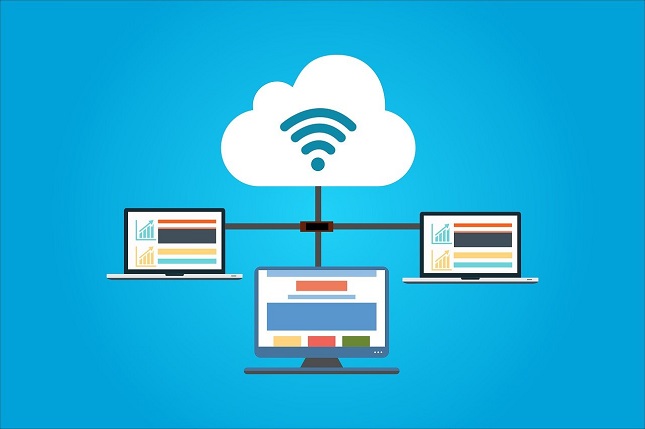Have you ever worried your website won’t keep up as your business expands? A slow or unreliable website can frustrate customers and impact your bottom line. As businesses grow, their hosting needs change, requiring more bandwidth, storage, and processing power. If your hosting plan struggles to handle increased traffic, it may be time to upgrade.
Fortunately, modern hosting solutions make scaling easier than ever. Whether managing an e-commerce store, a SaaS platform, or a content-heavy website, VPS server hosting provides a flexible, cost-effective way to expand your online presence without downtime.
Recognizing When It’s Time to Scale
Understanding when to upgrade your hosting is key to maintaining a smooth user experience. Signs that your current plan is struggling include slow loading times, frequent crashes, or high server resource usage. If customers report issues accessing your site, your current hosting environment isn’t keeping up.
Monitoring tools can help track server performance. If you notice spikes in CPU and RAM usage or traffic increases significantly over time, it’s best to scale up before performance problems arise. Choosing a hosting solution that allows seamless upgrades ensures you can grow without technical headaches.
Choosing the Right Hosting Plan for Growth
Not all hosting solutions are built for scalability. Shared hosting, for example, is great for small websites but lacks the resources to support rapid growth. As traffic increases, shared servers can become overloaded, slowing your website and affecting user experience.
Upgrading to VPS hosting or dedicated servers provides better performance and control. VPS hosting offers a middle ground between shared and dedicated hosting by providing isolated resources within a virtualized environment. This allows businesses to scale their server resources without affecting other users on the same physical machine. Hosting providers like Liquid Web offer customizable VPS plans that allow businesses to expand smoothly.
Optimizing Performance Before Scaling
Before upgrading your hosting, optimizing your website can improve performance and delay the need for costly upgrades. A well-optimized site uses fewer server resources, improving speed and stability.
Start by enabling caching, which stores frequently accessed data to load faster for returning visitors. Content delivery networks (CDNs) can also improve loading times by distributing content across multiple global servers. Compressing images, reducing unnecessary plugins, and cleaning up databases can enhance performance. These small adjustments can make a noticeable difference in how well your site handles traffic growth.
Planning for Future Traffic Surges
Scaling isn’t just about handling current traffic—it’s about preparing for future growth. Whether you’re running seasonal promotions, launching new products, or expanding into new markets, your hosting needs will evolve.
Cloud-based hosting and VPS solutions allow businesses to scale resources on demand. Instead of committing to a fixed plan, scalable hosting solutions let you increase RAM, CPU, and storage based on traffic needs. This prevents unexpected downtime and ensures a seamless user experience, even during peak periods. Choosing a hosting provider with flexible upgrade options can save time and prevent costly migrations.
Monitoring and Adjusting as Needed
Scaling your hosting isn’t a one-time event—it’s an ongoing process. Regularly monitoring your website’s performance helps ensure your hosting plan continues to meet your needs. Businesses can track resource usage using server analytics tools and adjust as necessary.
If traffic spikes unexpectedly, temporarily increasing server capacity may be necessary. Conversely, if traffic decreases, scaling down resources can help save costs. The key is to find a hosting provider that offers flexible scaling options so you can make adjustments without downtime.
It is essential to ensure your website remains fast and reliable as your business grows. Upgrading to a scalable hosting solution helps maintain performance, keeps customers satisfied, and prevents technical issues that could slow growth. With the right plan, businesses can focus on expansion without worrying about website slowdowns or crashes. By monitoring performance, optimizing resources, and choosing a hosting provider that supports scalability, you can ensure your online presence is always ready for the next growth stage.









































